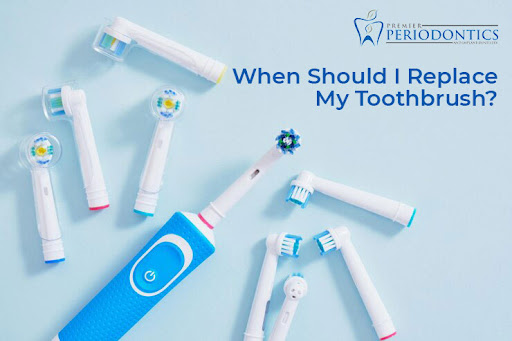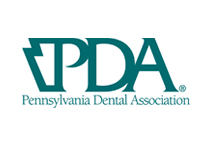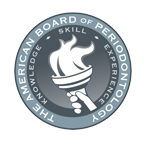
When was the last time you got a new toothbrush? We discard old meals, replenish vitamins and supplements, and change beauty products on a regular basis, but when it comes to health and beauty, our oral hygiene doesn’t receive the same amount of attention or consideration as other aspects of our regimen. However, there are some key regulations and tips to follow in order to maintain excellent dental health.
When Should You Replace Your Toothbrush? Most dentists, including Premier Periodontics, advise changing your toothbrush every three months. Brushes suffer from regular wear and tear and become less effective at eliminating plaque from teeth and gums over time. According to studies, the bristles break down and lose their potency after around 3 months.
Another thing we don’t usually consider (and definitely don’t want to think about) is that bacteria can lurk and grow up in toothbrush bristles. As a result, it’s critical to replace your toothbrush after a cold to avoid reinfection.
If the bristles are not adequately cared for, fungus and germs can grow. After use, properly rinse and dry your toothbrush before storing it uncovered in an upright position and away from other used toothbrushes. When traveling, make sure to cover your toothbrush head to protect it and prevent germs from spreading.
If you can’t recall how long it’s been, look at the state of your toothbrush head – whether the bristles are worn out, fanning out, or frayed, and especially if you see dark color changes, which are a symptom of mold.
What Happens If I Don’t Replace My Toothbrush Frequently Enough?
If the fact that bacteria and fungi grow on your toothbrush bristles over time isn’t incentive enough to replace your toothbrush more frequently, there are a number of other hazards and unwelcome difficulties that come with not renewing your toothbrush. One problem is that old toothbrushes become ineffective at removing plaque from your teeth, resulting in gingivitis. Gingivitis, if left untreated, causes infection, which can lead to tooth loss.
Even more undesirable, overused toothbrushes can make you sick (see: bacteria and fungus build-up), your toothbrush can grow mould, and, possibly most unappealing, you can inhale unwelcome particles if stored near a toilet.
I don’t know about you, but I’m going to change my toothbrush right now and make an appointment with my dentist for deep cleaning.
What to Look for When Buying Dental Supplies
During your next dental checkup and cleaning, ask your dentist for recommendations on what you should buy depending on your specific needs, dental health state, and so on
Look for toothbrushes with soft bristles, as firm bristles harm your teeth and gums, choose a toothbrush head size that hits one or two teeth at a time, use approved fluoride toothpaste, consider using mouthwash to combat plaque and gingivitis, and don’t forget the floss!
Consider purchasing an electric toothbrush, which has been shown to improve oral health beyond what a manual toothbrush can achieve by removing plaque, lowering gingivitis, and removing teeth discoloration. They’ve also been demonstrated to reduce the quantity of plaque in persons with periodontal disease teeth.
Do your homework on which products will best meet your needs, and don’t forget to ask your dentist for ideas.
Do you require the services of a dentist? We’d be delighted to see you. Make an appointment with your nearest Primer Periodontics for dental problems.









